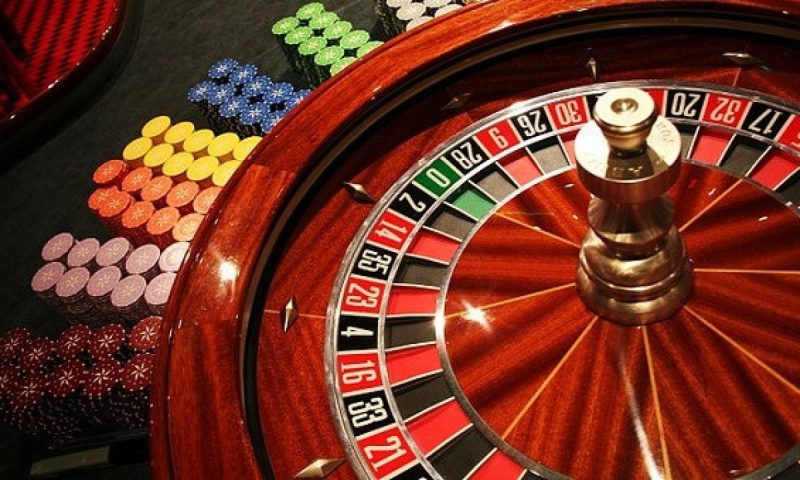Defining Roulette: A Comprehensive Introduction to the Classic Casino Game
Roulette is an iconic casino game that has captured the hearts of gamblers worldwide. While many are familiar with its name, understanding what roulette is and how it works is essential for both novice and seasoned players. In this article, we will define roulette, shedding light on its history, gameplay, and key elements.

1. The Definition of Roulette:
Roulette is a popular casino game of French origin, which means “little wheel” in the French language. The game revolves around a spinning wheel and a small ball, creating an enticing blend of chance and strategy.
2. Roulette’s Rich History:
Roulette’s origins can be traced back to 18th-century France. The modern roulette wheel was first introduced by French inventor Blaise Pascal as a perpetual motion machine. It later evolved into a popular casino game in the 19th century. Over time, roulette has undergone various adaptations and is now a staple in both land-based and online casinos.
3. Key Elements of Roulette:
To define roulette comprehensively, it’s crucial to explore its key components:
– The Roulette Wheel: The game’s centerpiece is a circular wheel divided into red and black pockets, each numbered from 1 to 36. There is also a green pocket marked with “0” (and “00” in American roulette). The wheel’s numbers are not arranged sequentially, but rather in a specific order designed to create randomness.
– The Roulette Table: Players place their bets on a table corresponding to the numbers on the wheel. The table features various betting options, including betting on specific numbers, groups of numbers, colors, or odd or even outcomes.
– The Croupier: A casino staff member known as the croupier oversees the game, spinning the wheel, and releasing the ball. The croupier’s role is to ensure fair play and resolve any disputes.
– Betting Chips: Players use special roulette chips to place their bets on the table. Each player’s chips have a distinct color, preventing confusion when multiple players are at the same table.
– The Ball: A small ball is released onto the spinning wheel in the opposite direction of the wheel’s rotation. The ball eventually comes to rest in one of the numbered pockets, determining the winning outcome.
In conclusion, to define roulette is to understand a game steeped in history and tradition, offering both excitement and opportunity for players. With its iconic wheel, diverse betting options, and rich heritage, roulette remains a beloved pastime for those seeking the thrill of the casino. Whether you’re a newcomer or a seasoned player, the allure of the little wheel continues to captivate and define the world of gambling.